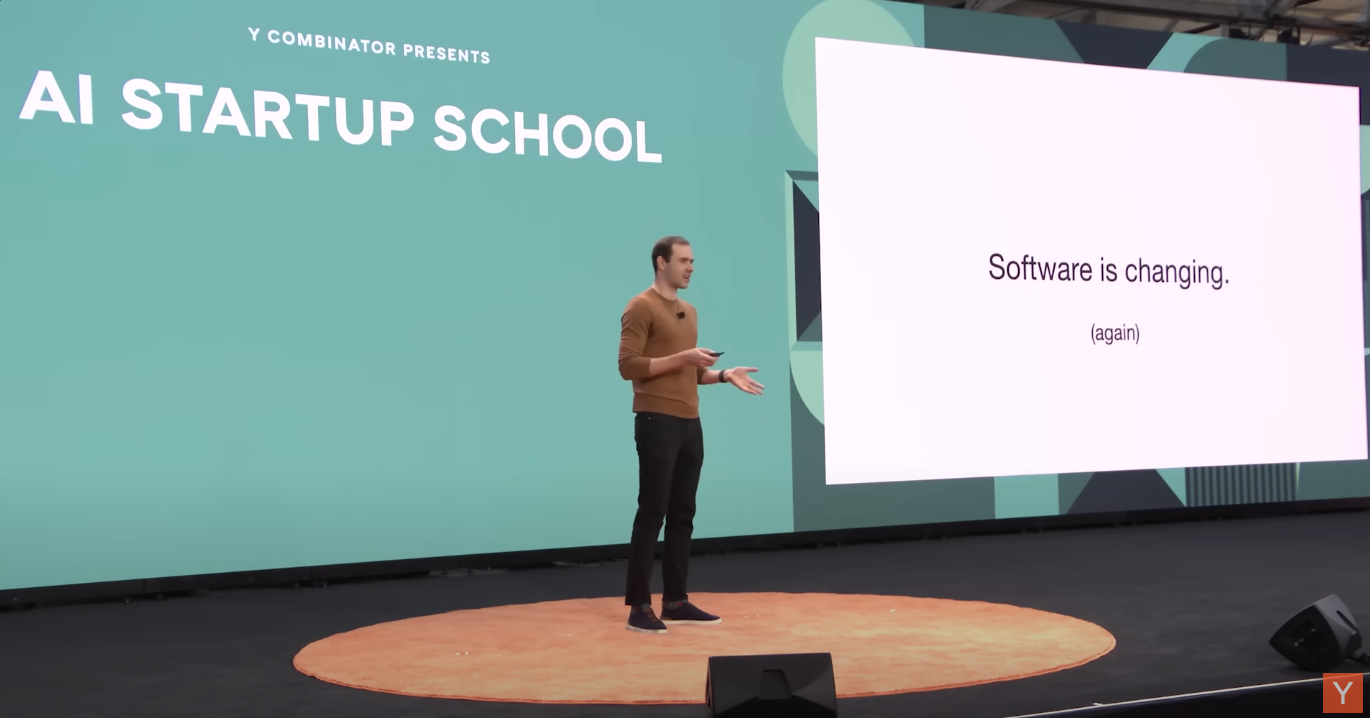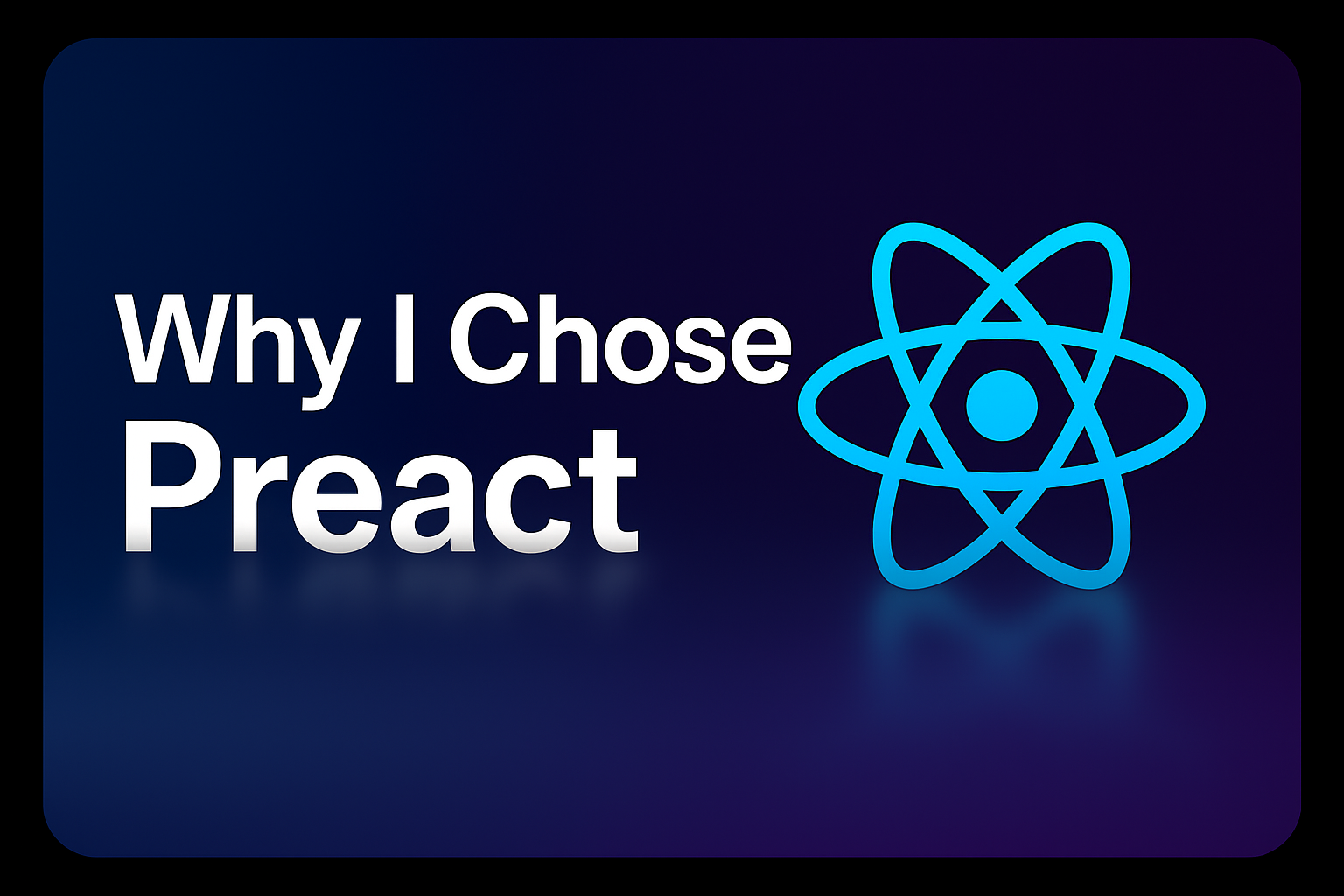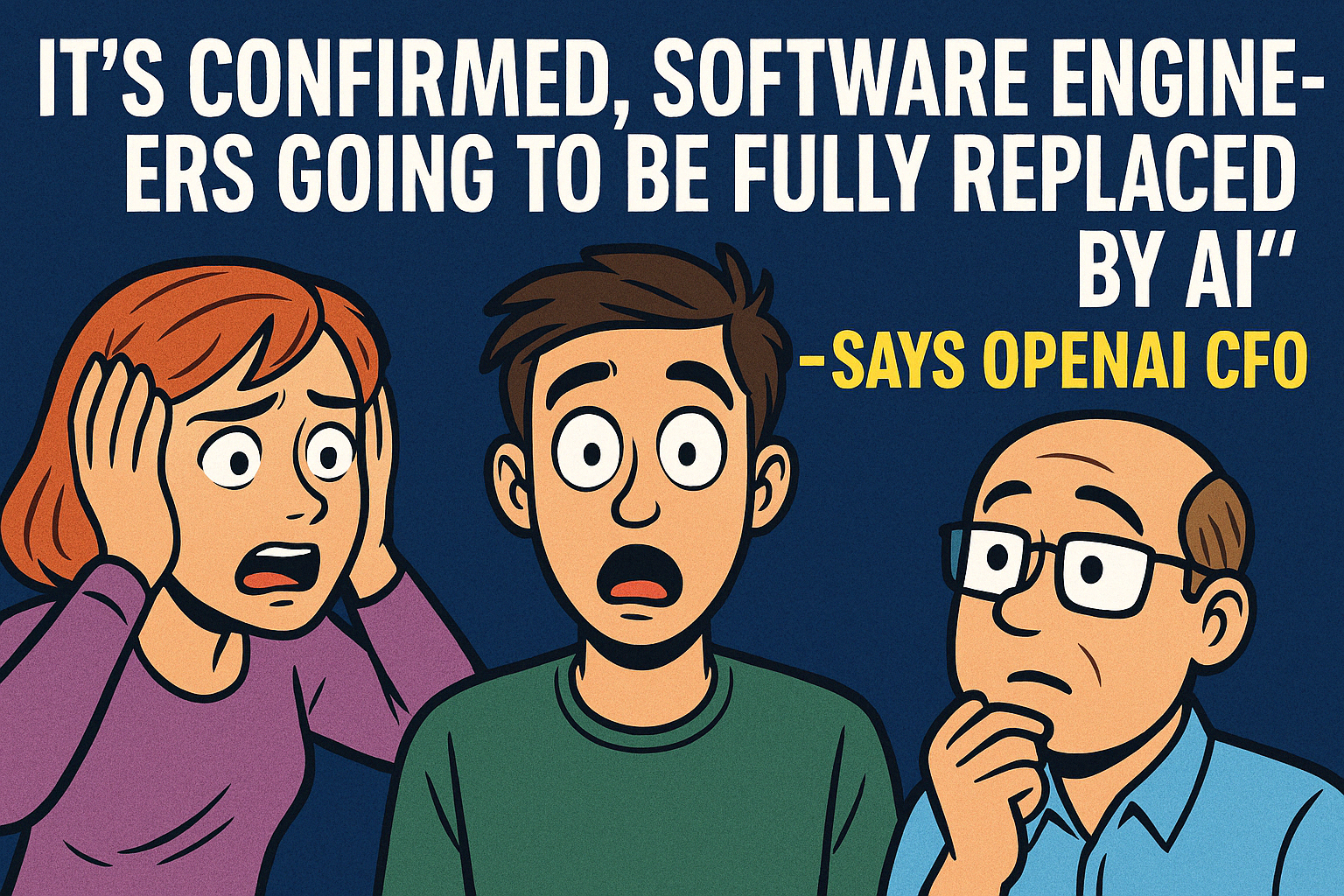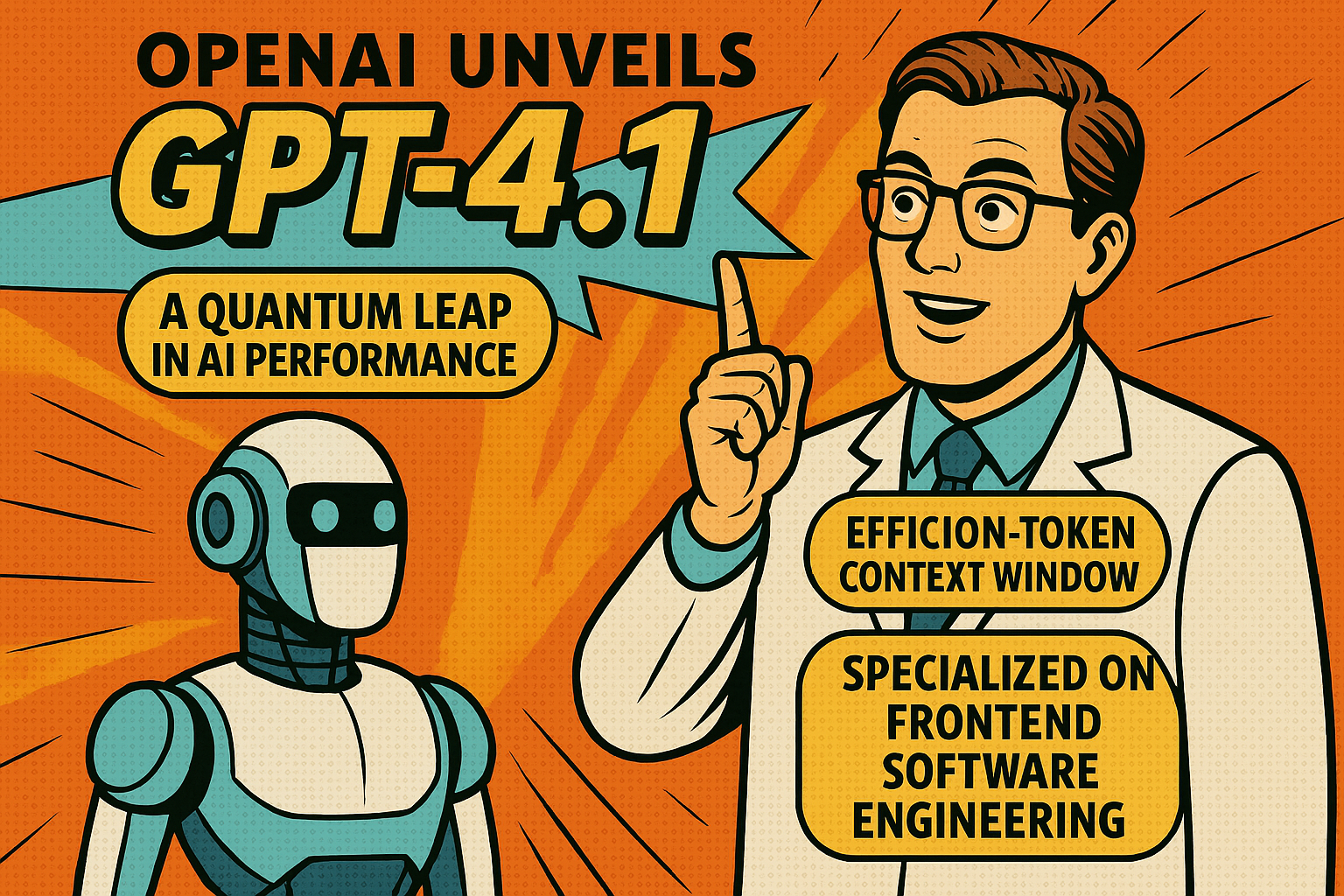Dulan Dias
-
NI Tech Awards 2025: Belfast’s Tech Ecosystem Has Its Moment
The inaugural NI Tech Awards 2025 lit up Belfast with energy, community, and recognition for Northern Ireland’s brightest tech talent. For me, it was the first time experiencing this ecosystem’s brilliance — and it reminded me of the award nights I once attended (and even won at) back in Sri Lanka, years ago.
Written by

-
Why SEO Matters More Than Ever in the Age of AI (And What You’re Missing Out On)
In a world where anyone can build a product fast, visibility is everything. Discover why SEO is more crucial than ever in the AI era—and how it can make your startup stand out.
Written by

-
Why I Chose Preact (And Why I Might Never Look Back)
When performance is non-negotiable and the app must shine on low-end devices, you start questioning your default stack. Here’s why I chose Preact — the tiny, powerful alternative to React — and how it reshaped my dev experience on the edge.
Written by

-
How I Built My Startup – Chapter 3
In the previous chapters, I shared how EchonLabs was born in a small boarding room and how we made our first big splash by winning HackX 2017. Now it’s time to share what came next: the highs, the hits, and some secrets I’ve never spoken out loud—until now.
Written by

-
New PAYE Tax Calculator for Sri Lanka – Instantly Estimate Your 2025 Monthly Tax
A simple, free PAYE tax calculator for Sri Lankan employees. Estimate your monthly tax based on the latest APIT tables from April 2025, published by the Inland Revenue Department.
Written by

-
OpenAI’s New AI Engineer Can Code and QA Without You — Should You Be Worried?
OpenAI’s CFO has revealed plans for an AI agent capable of building, testing, and documenting software all on its own. What does this mean for developers — especially students and juniors just starting out? Here’s what you need to know.
Written by

-
OpenAI Unveils GPT-4.1: A Quantum Leap in AI Performance and Efficiency
OpenAI’s latest release, GPT-4.1, redefines AI capabilities with a massive 1 million-token context window, enhanced coding and instruction-following skills, and cost-effective performance. Discover how GPT-4.1 and its Mini and Nano variants are set to transform AI applications across industries.
Written by










